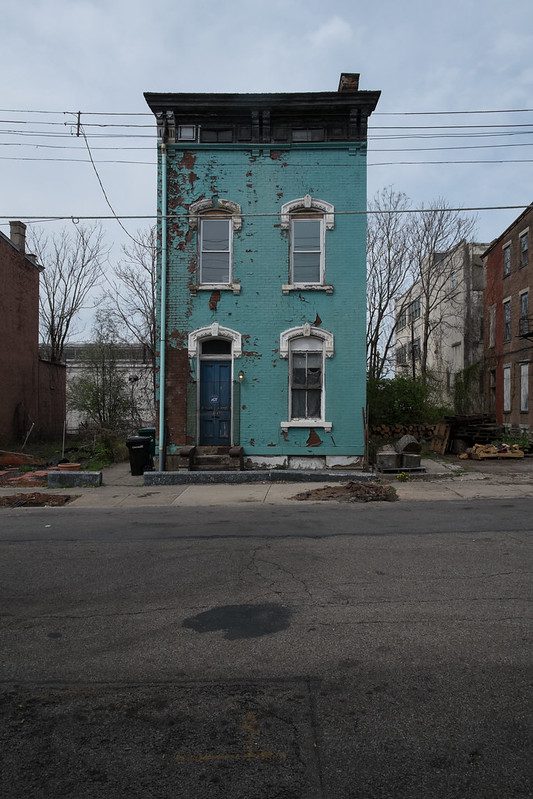Some of the most important policy decisions affecting low-income housing in the years ahead are not about housing per se, but instead revolve around last year’s massive federal tax cut. Although the tax cut is scheduled to expire in eight years, the White House has proposed making it permanent, which could doom any major new housing initiatives for years to come and lead to significant cuts in existing HUD programs. Conversely, scaling back the parts of the tax cut aimed at the most affluent individuals could make funds available for housing and other priorities.
Last year, the Congressional Budget Office (CBO) projected that the total surplus over the 2002-2011 period would be $5.6 trillion. This year, its projection is $1.7 trillion—a decline of $3.9 trillion. To be sure, the recession and the post–Sept. 11 increase in defense and security-related spending has contributed to the change in the budget picture. But the largest single cause of the decline in the surplus is the tax cut, which blew a hole in the federal budget.
The CBO projection doesn’t take into account a number of large and almost inevitable costs, such as the large increases in defense and homeland security spending that the Bush Administration is seeking and Congress is likely to provide. These costs alone may consume three-quarters of a trillion dollars over ten years. An additional several hundred billion dollars are sure to be used to fix problems in the individual Alternative Minimum Tax, which otherwise will raise the tax bills of millions of middle-class households in coming years. Other initiatives, such as adding a prescription drug benefit to Medicare, also would use up considerable resources.
When these factors are taken into account, the surplus over the next ten years virtually disappears. The tax cut phases in slowly over the next decade, but when it is fully in effect its annual cost is more than five times the entire HUD budget. Large deficits loom in the decades after that, when baby boomers will be retiring in large numbers. Moreover, if the tax cut were made permanent, it would cost the Treasury a total of about $4 trillion in the following decade, the years between 2013 and 2022.
As a result, domestic priorities such as low-income housing face not just a short-term funding challenge from the growth in terrorism-related spending, but a far more formidable long-term funding challenge from the tax cut. If the tax cut is implemented fully, housing and other domestic priorities will have to compete over the next decade for increasingly scarce funds, and significant new initiatives in these areas will likely be all but ruled out. If the tax cut is made permanent, the competition for funds will only intensify in the following decades.
The increasing pressure the tax cut places on domestic priorities can be seen in the Administration’s new budget. Overall expenditures for non-defense discretionary programs (other than homeland security programs)—the part of the budget that includes HUD—would fall in inflation-adjusted terms every year. Over the next ten years, the Administration would cut funding for the programs in this part of the budget by $285 billion, compared to today’s funding levels as adjusted for inflation.
There is, however, an alternative: Because last year’s tax cut phases in over a number of years, it is possible to defer or scale back significant parts before they take effect. In particular, we can look at the parts of the tax cut that benefit those who least need help, such as the five percent of households with the highest incomes. If the entire tax cut takes effect as scheduled, 1.3 million households representing the richest one percent of the population will receive well over a third of the total tax reductions. In fact, when the tax cut is fully phased in, the top one percent of households will receive tax cuts worth more than twice HUD’s total budget.
Fortunately, most of the tax cuts that benefit the highest-income households haven’t phased in yet. Providing these households with a more modest tax cut would free up hundreds of billions of dollars for other uses, including helping households that pay too large a share of their income for housing, are homeless, or live in substandard or seriously overcrowded housing. Addressing these and other needs would be a far better use of the funds than providing a windfall to the wealthiest households.



Comments